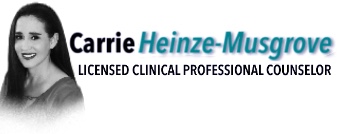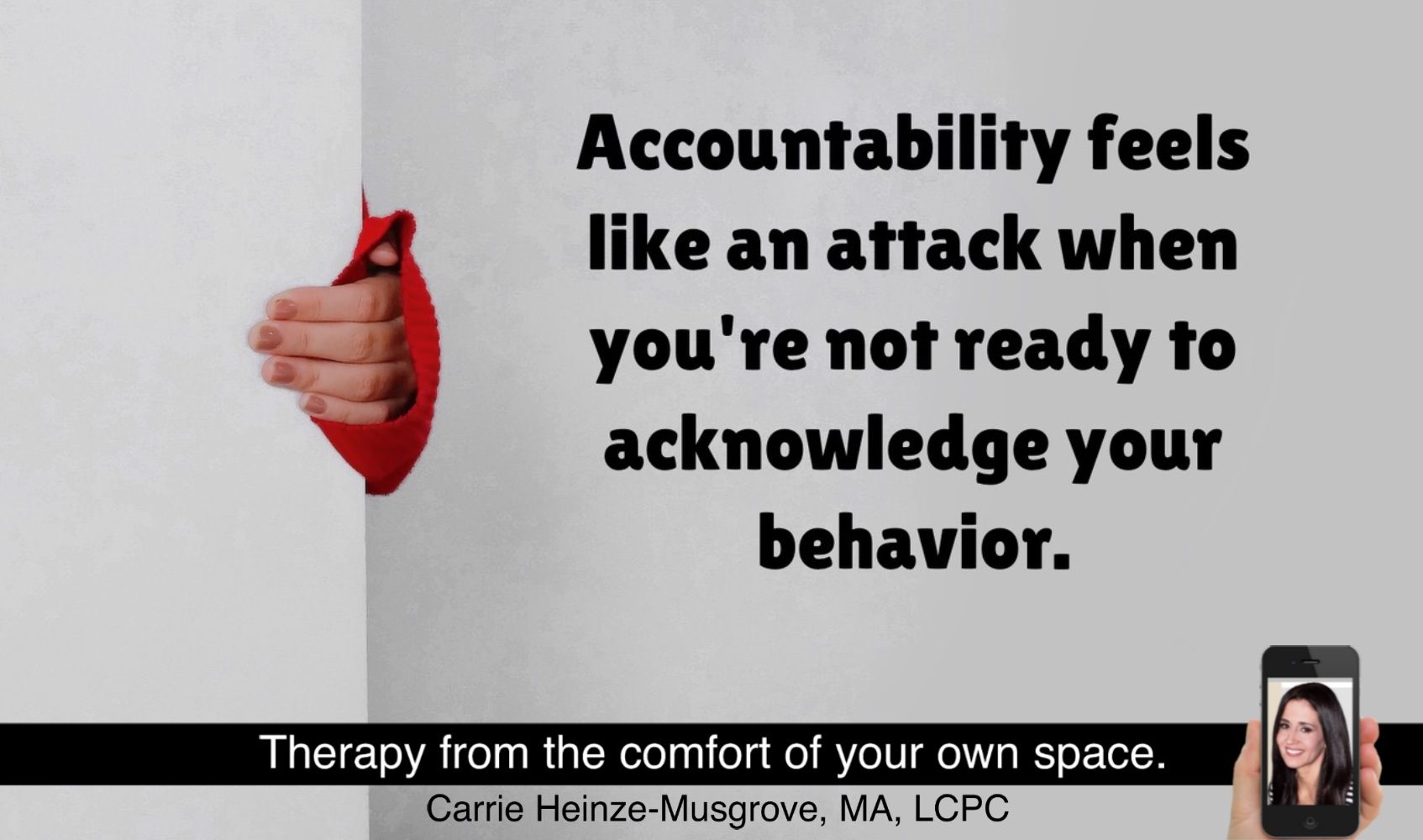Do you feel uncomfortable being wrong? Do you interpret feedback that is meant to help you as an insult or a personal attack against you? Have people in your life told you that you can be overly sensitive? Does accepting responsibility make you feel that you’ve failed?
Getting defensive serves a purpose. It is rarely intentional. Rather, it’s a knee-jerk reaction that protects us from feelings of inadequacy, guilt, self-doubt and shame. Often, the people who have the hardest time acknowledging their role in situations carry around the harshest inner critic.
So if it protects us, what’s the harm?
“It wasn’t me!” certainly implies, “It was you!” Someone who says, “It’s not my fault” is attempting to distance themselves from taking responsibility. Defensiveness can feel a lot like you don’t care about what some0ne is trying to tell you and the other person’s feelings or opinions don’t matter. Denying the problem exists, and either directly or indirectly blaming others, prevents anyone from finding a solution to the problem.
So what’s the antidote to defensiveness?
Take responsibility. Accept responsibility for your role in the situation. By acknowledging that you have some part (big or small) in the problem serves as an empowering reminder that you have control over the role you play in your relationships.
One of the best things you can do for your mental health is to take accountability for your actions and feelings. Being open to feedback is how we all grow and learn from our mistakes. Additionally, it encourages REAL conversations with people about the important stuff.
How do I start?
Find trusted friends and family members to help you recognize and point out when you’re not acknowledging your own behavior. Get feedback from someone who will be honest about whether or not you are defensive. If you are, begin work to correct it.
If handing over the reigns to someone in your life seems too scary, consider therapy. A defensive person often cannot take another blow to their inner-value. Therapy can provide a judgment free and safe place to you identify your defenses and reframe your responses.
Defensiveness can be managed. Remember that this isn’t a character flaw, but rather something that served as a protection for you that is no longer working.
Are you defensive? Do you struggle with correction? If so, what’s worked for you in overcoming this behavior? Let me know in the comments below.
Carrie






